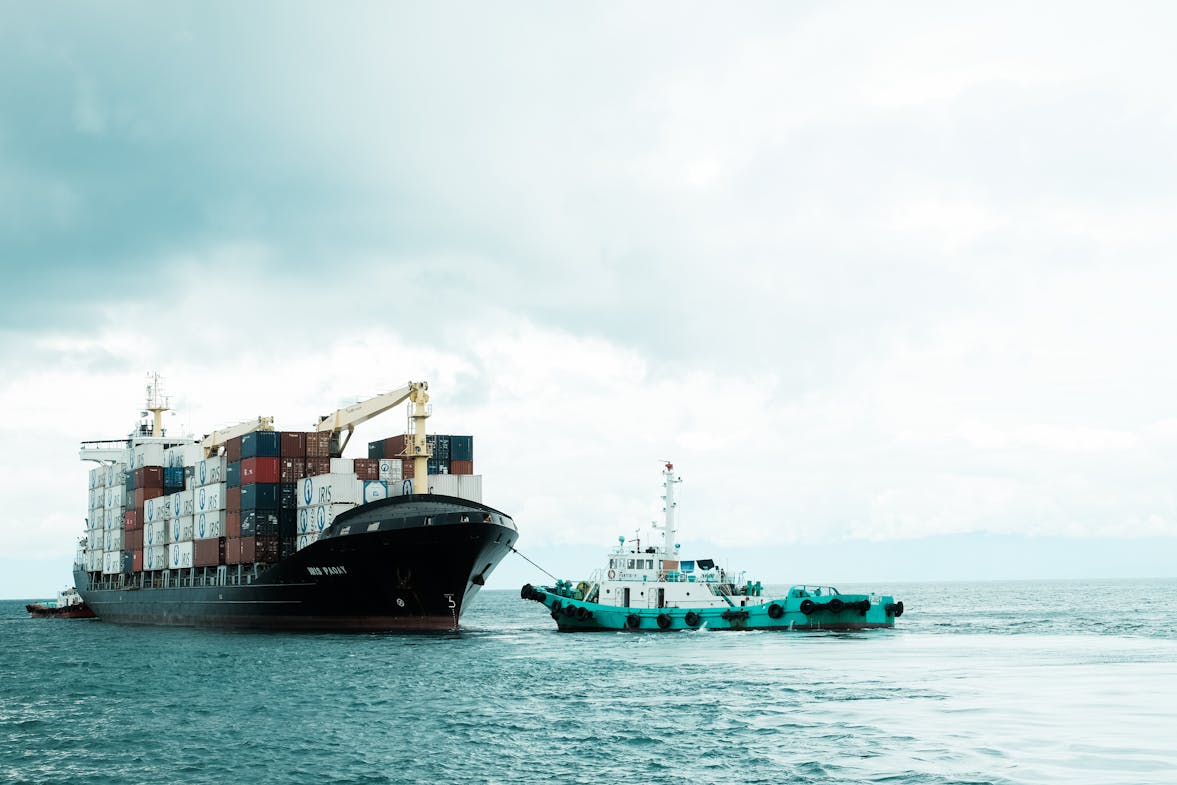A Russian cargo ship, the Ursa Major, sank in the Mediterranean Sea after an explosion occurred in its engine room, according to authorities in Moscow. The incident took place between Spain and Algeria, and it has been reported that two crew members remain missing, while the other 14 have been rescued and are currently in Spain. The ship, owned by Oboronlogistika—a company under the Russian Ministry of Defence—was en route to the Russian Far East, carrying heavy equipment at the time of the explosion.
The Ursa Major, built in 2009, was reportedly transporting large port cranes and parts for icebreakers, as stated by Oboronlogistika, which has previously been involved in military logistics operations, including transporting weapons. The vessel had departed from St. Petersburg and was bound for Vladivostok, but tracking data indicated the ship’s previous location in the Mediterranean, a region often associated with military logistics to and from Syria.
The Russian Foreign Ministry confirmed the incident but has not disclosed further details about the explosion or potential causes. Reports surfaced indicating the Ursa Major was heavily listing before sinking, as shown in footage from a passing vessel. While Russia maintains the ship was carrying civilian cargo, Ukrainian military intelligence suggested that the Ursa Major had been involved in transporting military supplies, possibly including weapons and personnel, between Russia and the Syrian port of Tartus, a key military base operated by the Russian government.
Oboronlogistika’s involvement in military operations is well-documented, with previous reports linking the company’s “ghost ships” to Moscow’s military activities, including weapons deliveries to Syrian forces under President Bashar al-Assad. This connection is further supported by a pattern of incidents involving senior Russian officials tied to Oboronlogistika. In April, Timur Ivanov, the deputy defence minister in charge of the fleet, was arrested on charges of accepting large-scale bribes, which have raised questions about the transparency and oversight of the country’s defense logistics operations.
The sinking of the Ursa Major has raised suspicions regarding the broader context of Russian military operations and its ties to the ongoing conflict in Syria. Despite the official narrative, geopolitical analysts continue to scrutinize Russia’s military movements in the Mediterranean, given the region’s strategic importance in the Syrian civil war.
Authorities have launched an investigation into the explosion, but at this time, no official cause for the blast has been confirmed. The incident adds to the growing list of maritime incidents involving Russian vessels with military connections, further complicating the international community’s understanding of Russia’s naval and logistical activities in critical regions.
References:
- Oboronlogistika, Ministry of Defence (Russian Federation)
- Ukrainian Military Intelligence Reports
- Russian Ministry of Foreign Affairs
- Reports from Euronews and Russian domestic media outlets
- International Maritime Tracking Data
Photo by Brendo Boyose: https://www.pexels.com/photo/container-ship-in-davao-city-waters-28482155/



